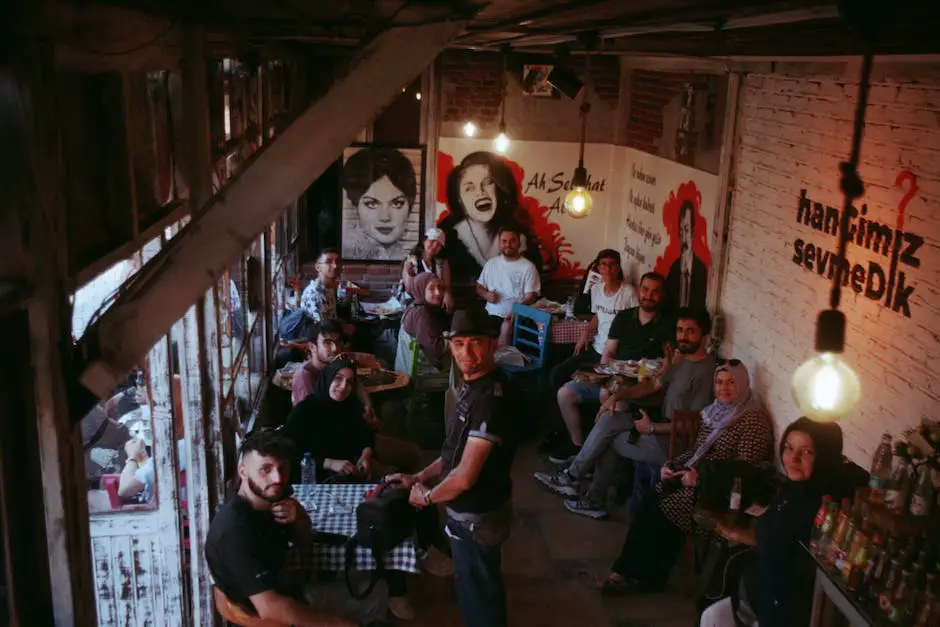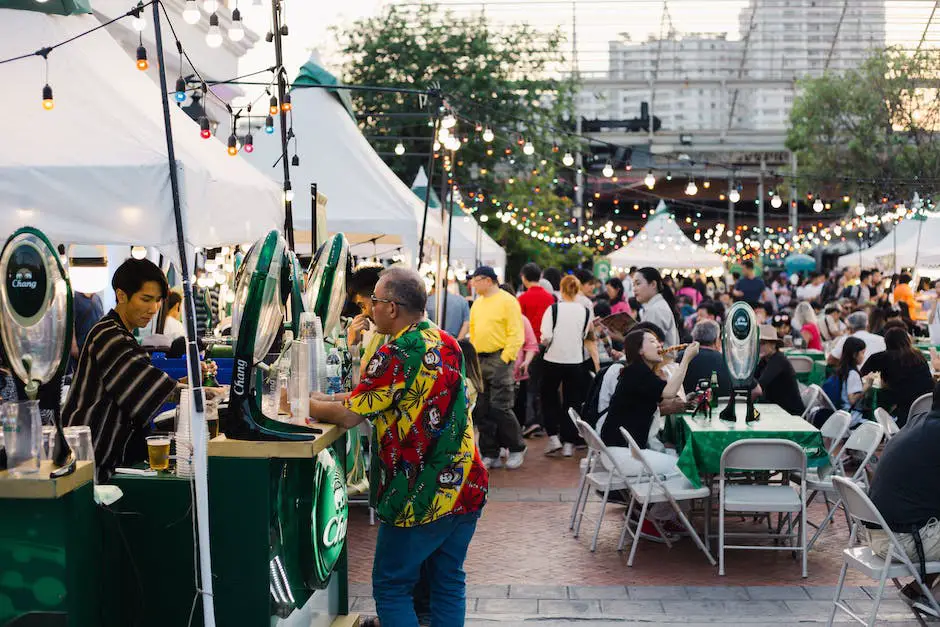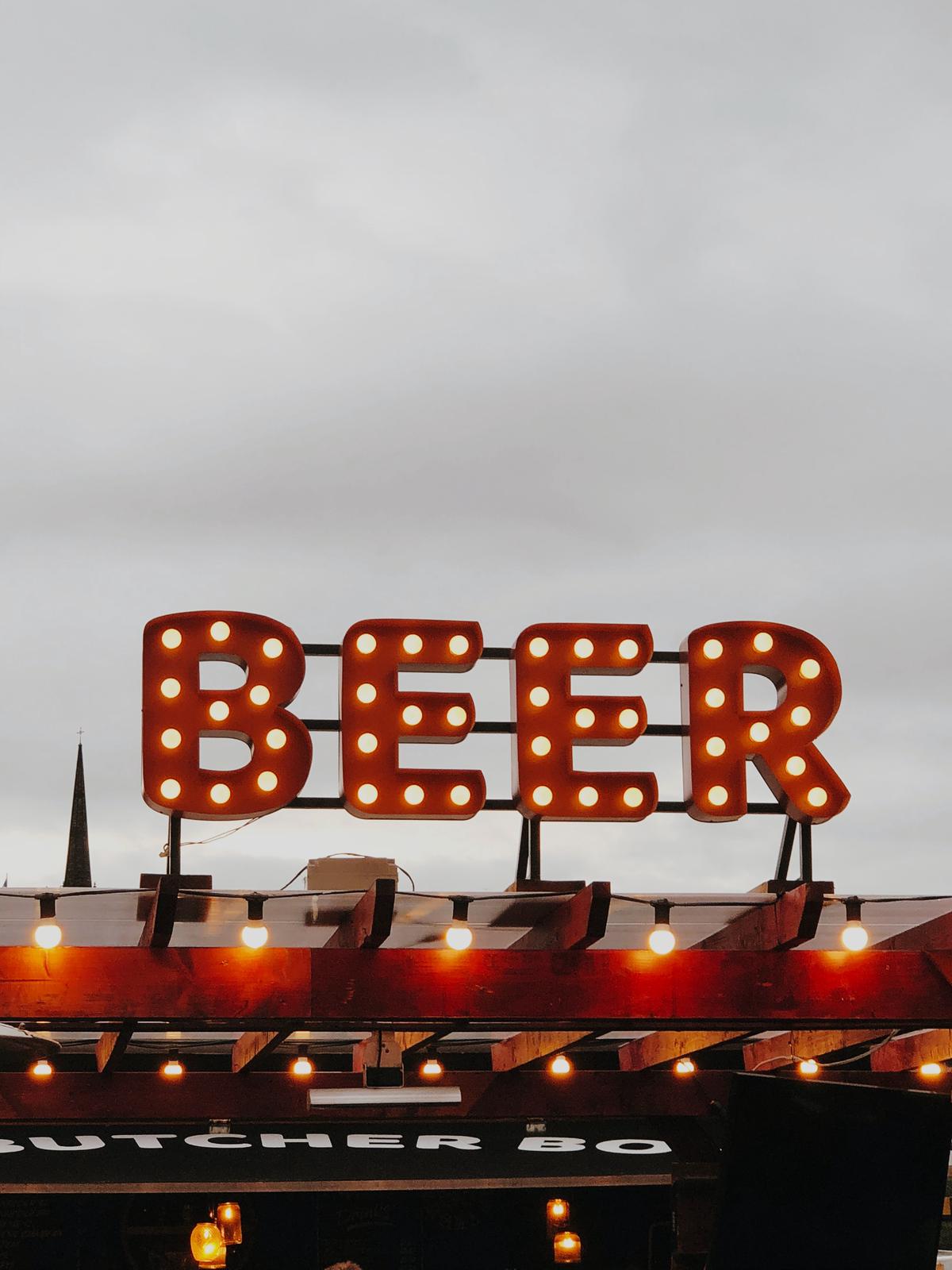The world of beer is steeped in rich traditions, profound history, and a vibrant culture that continues to captivate enthusiasts from every part of the globe. Among the most cherished traditions in the beer world are the prominent beer festivals – a culmination of diverse brewing styles, creative innovation, and impassioned community spirit. The joy of beer festivals lies not only in the wide array of beers available for tasting but also in the essence of camaraderie and celebration they foster.
This excursion into the universe of beer festivals takes you on a journey through time, uncovering the historical context of these gatherings, detailing their structure and organization, highlighting the most iconic festivals worldwide, and providing a practical guide for would-be attendees.
The History of Beer Festivals

Origins of Beer Festivals
The concept of beer festivals can be traced back to ancient times. Agrarian societies that grew barley cereals would often make beverages with excess crops, leading to the creation of beer. Festivities involving the consumption of beer were common with events related to the harvest season and religious ceremonies. Early beer festivals were, in essence, religious and cultural celebrations where beer was a shared commodity.
One of the oldest recorded beer festivals is believed to have occurred in ancient Sumer (modern-day southern Iraq) nearly 5,000 years ago. The festival, known as the “New Year’s Festival” or “Akitu”, celebrated the Sumerian New Year. Women brewed beer, which was served in communal jugs and enjoyed by worshipers and attendees.
Modern Beer Festivals and Oktoberfest
Fast forward to the modern era, beer festivals got a major boost in popularity with the initiation of Oktoberfest in Germany. The first Oktoberfest was held in Munich, Bavaria, in 1810 to celebrate the October 12th wedding of Crown Prince Ludwig of Bavaria and Princess Therese of Saxony-Hildburghausen. The city’s inhabitants were invited to join the celebrations, which included horse races, music, dancing, and, of course, beer-drinking.
The tradition continued and evolved into an annual event, turning into a two-week festival beginning in late September and concluding in the first week of October. Oktoberfest’s enormous popularity has led to its adoption worldwide with countries, states, and cities holding their own Oktoberfest-inspired beer festivals.
Arising from Oktoberfest’s shadow, another significant festival is the Great British Beer Festival. Established in 1978 by the Campaign for Real Ale (CAMRA), the Great British Beer Festival is a celebration of cask ale, a traditional British method of serving beer. The festival is held annually in August and offers over 900 different beers, ciders, and perries.
Similarly, in the United States, the Great American Beer Festival (GABF) was established. Beginning in 1982, the GABF was originally a part of the fourth World Beer Festival and was held on the 37th anniversary of the repeal of prohibition in Colorado. Today, it is regarded as one of the most significant beer festivals in America, showcasing a variety of craft beers throughout the country.
The Importance and Evolution of Beer Festivals
Beer festivals have a significant societal, cultural, and economic impact, as they offer a stage for local and global breweries to display their wares, building community spirit and boosting local economies and tourism. The rise in craft beer’s popularity has led to an evolution in these festivals, from simple tasting affairs to immersive experiences catering to a variety of flavor preferences.
Today, beer festivals have become key social gatherings, offering more than just beer. They often feature food pairings, live music, games, and local crafts, making them a comprehensive celebration of local culture. Education plays a role too, with many festivals incorporating seminars and workshops on brewing and tasting techniques. And in keeping with the spirit of community service, many of these events are fundraisers, with profits supporting local charities.
Local breweries, particularly craft and microbreweries, benefit immensely from these gatherings. They not only get a platform to showcase their unique brews but also help enrich the local economy and diversify the cultural landscape.
The Anatomy of a Beer Festival

Understanding the Behind-the-Scenes of Beer Festivals
Organizing a beer festival is a complex process, requiring detailed planning and coordination. Work typically begins months in advance, with event organizers choosing a suitable venue, creating the layout, and obtaining necessary permissions. They set up contracts with breweries, food providers, and entertainers and put together a team for seamless execution.
The festival’s layout, crucial for its smooth operation, can feature anything from a few dozen beer stalls to hundreds. Breweries are set up in rows or clusters, each allocated proper space for their equipment, ranging from basic tap handles to sophisticated draft systems. Organizers also have to allocate areas for essential facilities like restrooms, seating areas, first aid stations, waste management points, and spaces for food and entertainment, ensuring an enjoyable and safe experience for attendees.
Activities at Beer Festivals
Once the beers start flowing, attendees at the beer festival can enjoy a multitude of activities beyond just beer tasting. While the tasting of a variety of craft beers is central to a festival, most events also incorporate live music performances, food pairings, games, and contests to keep attendees engaged and entertained. Education is also a substantial aspect of beer festivals, with some brewers offering insightful talks and demonstrations about the process of beer making. Some beer festivals even provide home brewing courses for those interested.
Participation of Breweries and Types of Beer
The breweries that participate in a beer festival range from local microbreweries to larger, nationally recognized brands. Some festivals curate their beer offerings to a particular theme – for example, seasonal beers, styles of beer, or geographic location of the brewery. These festivals may offer anywhere from tens to hundreds of different beers for visitors to sample.
Among the most popular types of beer typically offered at festivals are IPAs, ales, lagers, stouts, and sour beers. To participate, breweries usually need to apply several months in advance, meet specific requirements concerning the quality and quantity of their beer, and make arrangements for the transport of their beer to the festival site.
Understand that beer festivals are not just a collection of beer stalls. Instead, a beer festival is a meticulously planned event, encompassing a variety of activities and attractions to appeal to both the beer enthusiast and the casual drinker.
Most Noteworthy Beer Festivals Globally

The World-renowned Oktoberfest: A Beer Festival in Munich
Arguably, Oktoberfest is the most well-known beer festival worldwide. Established in Munich, Germany, in 1810, this annual event initially began as a celebration of Crown Prince Ludwig’s wedding, complete with horse races. Over time, this festival transformed into a massive beer celebration, attracting millions of visitors from around the world. Each year, Oktoberfest welcomes over six million attendees who consume millions of liters of beer. Notably, this festival only serves beers that follow the Reinheitsgebot, or beer purity law, and are brewed within Munich’s city limits. Besides beer, Oktoberfest also features traditional Bavarian music and food, along with an array of entertainment to offer.
Great American Beer Festival: Showcasing American Brewing Diversity
The Great American Beer Festival (GABF) held in Denver, Colorado, is a premier U.S. beer festival and competition established in 1982. What sets this festival apart is the impressive scale of breweries represented. The event invites American craft brewers from across the nation, showcasing a wildly diverse array of beers. In a normal year, GABF hosts 800+ breweries who serve 4,000+ beers to eager attendees. It also holds the most extensive professional beer competition globally, where a professional panel awards gold, silver, and bronze medals in over 100 beer-style categories.
Belgian Beer Weekend: Celebrating Belgium’s Brewing Heritage
Belgian Beer Weekend, held in Brussels, explores Belgium’s deep and diverse beer culture. Belgium has a distinct brewing tradition, with some methods dating back to the Middle Ages. The festival usually takes place in September, transforming the Grand Place into a massive beer garden. Belgian Beer Weekend showcases more than 350 different Belgian beers, including famed Trappist beers, fruit beers, strong blondes, and notorious sour “lambic” beers. Iconic breweries such as Chimay, Leffe, and Delirium join smaller, artisanal brewers in offering their special creations.
Qingdao International Beer Festival: Asia’s Largest Beer Event
Inaugurated in 1991, the Qingdao International Beer Festival is an annual celebration that takes place in the Shandong Province of China, lasting for about a month. Styled after the Munich Oktoberfest, this festival is the most significant beer event in Asia. It showcases both domestic Chinese beers, including the hometown favorite, Tsingtao, and international offerings. In addition to beer tasting, the festival is rich with diverse activities such as beer-drinking competitions, brewery tours, music concerts, and Chinese traditional performances.
The Great British Beer Festival: A Celebration of Real Ale in the UK
Boasting the title of the UK’s premier beer festival, the Great British Beer Festival (GBBF) is a yearly event held in London. The festival is organized by the Campaign for Real Ale (CAMRA) and has been celebrated since 1977. GBBF is renowned for its expansive selection of real ales, ciders, perries, and international beers, with a special emphasis on traditional British cask or “real” ale. This distinctive beer is served directly from the brewery without the addition of nitrogen or carbon dioxide pressure. Attendees can taste over 900 different drinks sourced from across the UK and beyond while also enjoying traditional pub games, live music, and various food stalls.
Navigating a Beer Festival: An Attendee’s Guide

A Look at What to Anticipate at a Beer Festival
Beer festivals serve as perfect platforms to sample an array of beers hailing from unique breweries, both within the local vicinity and from around the globe. Attendees can expect to explore a variety of beer styles, ranging from handcrafted selections to commercial ones. Individual stands or booths are usually set up at the event, each featuring beers from different breweries. As an attendee, you would typically purchase a ticket that provides you with a specified number of tastings. At certain festivals, you may be given a commemorative glass to use for your beer sampling experience.
How to Navigate a Beer Festival
Knowing beforehand what to expect can help you maximize your beer festival experience. Research the breweries that will be attending and make a list of the ones you’re most interested in trying. Arrive early to beat the crowds and have a clear plan to avoid spending the entire time waiting in lines. You should remember to pace yourself as you go along to fully enjoy the complexity and richness of different beer varieties.
If you’re attending with friends, consider dividing your list of must-try breweries among your group. This way, you can taste more beers within a shorter timespan without overindulging.
Maximizing the Experience
Apart from beer tasting, beer festivals often feature food vendors, live music, and various games and activities. Take advantage of these attractions to break up your beer tastings and add a different kind of fun to the experience.
Another way to maximize your experience is by engaging with the brewery staff at each booth. They can provide insightful information about the beers you’re tasting. Plus, you never know when you might discover your next favorite brew or brewing company through these interactions.
Participating Responsibly
While beer festivals are generally about having a good time, it’s important to remember to drink responsibly. Make sure to eat a substantial meal before you start tasting beers, and keep yourself hydrated throughout the event. Also, take breaks in between tastings to allow your body time to metabolize the alcohol.
Lastly, ensure you have a plan on how to get home safely after the event. Consider taking public transportation, calling a cab or rideshare, or having a designated driver.
Benefits of Attending a Beer Festival
Attending a beer festival can be a thrilling experience. It provides a unique opportunity to sample a vast array of beers that you might not ordinarily try. You can learn more about the brewing process, discover new breweries, and even find your new favorite beer. Moreover, you get to meet fellow beer lovers and spend a day appreciating the craftsmanship that goes into brewing. Above all, it’s a fun and sociable event centered on the joy of beer.
Remember, preparation is key to navigating a beer festival successfully. With effective planning and responsible participation, you can surely have an enjoyable and memorable festival experience.

As we’ve discovered, beer festivals are more than just events for sampling different types of beer. They are historical traditions that encapsulate the age-old art of brewing, illustrate cultural diversity, and create a communal space for sharing and enjoyment. They are stages that display the continual evolution and creativity in brewing and bear testament to the global enthusiasm for the beverage. Whether it’s the intricacy of setting up these gatherings or the careful curation of beer styles presented, beer festivals are truly fascinating phenomena. For those looking forward to attending their first beer festival, equipped with the right insights and tips, there’s nothing quite like the immersive experience that awaits at these events. Celebrate responsibly, appreciate the craftmanship, and let the shared enthusiasm for this ancient brew bring forth new connections and memorable experiences.

